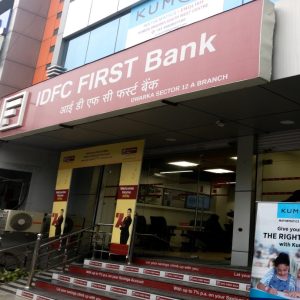The offering was built from the ground up leveraging ISO 20022 and is designed to help banks compartmentalize payments messaging, message transformation and payment processing while providing high fidelity insight.
Using the Oracle Banking Payments API, banks can also innovate within the Internet of Payments, collaboration with 3rd parties or curate new business models in collaboration with Fintechs.
"As a core banking vendor we have been supporting payments for over two decades. We run payments for over 500 banks across 140 countries. In many instances our applications cater to a significant proportion of a country or a jurisdiction's volumes, for example we enable over 20% of the inward and 22% of the outward real time settlements in India," said Chet Kamat, senior vice president, Oracle Financial Services.
"With Oracle Banking Payments, financial institutions can improve straight through processing, support real-time and immediate payment settlement and reduce time-to-market while driving innovation."
Digitization has brought banks to a payments arena tipping point where customers demand constant availability for real-time, frictionless payments. Grappling with increasing levels of operational complexities, banks have increasingly adopted siloed structures and multiple messaging standards leading to a disharmonized payment landscape. At the same time, new players are challenging incumbents by offering personalized products, exemplary efficiency and security. To remain competitive, financial institutions need to adopt a transformational approach that addresses the changing dynamics of the payments marketplace.
With Oracle Financial Services Analytical Applications (OFSAA), Oracle Banking Digital Experience, Oracle FLEXCUBE, Oracle Banking Platform and Oracle Financial Services Revenue management and Billing, today's announcement of Oracle Banking Payments makes Oracle the most comprehensive solution provider for the payments industry.






